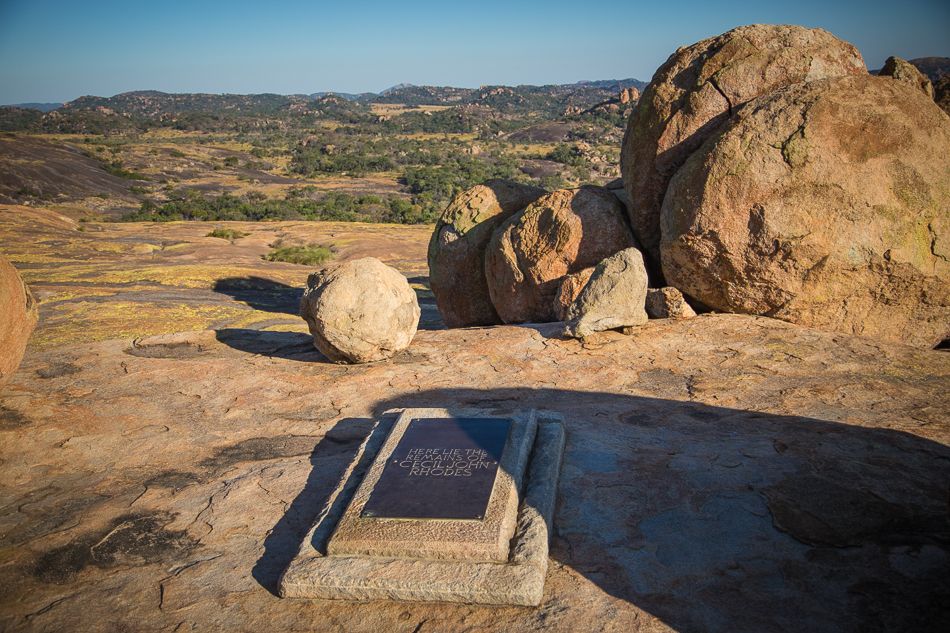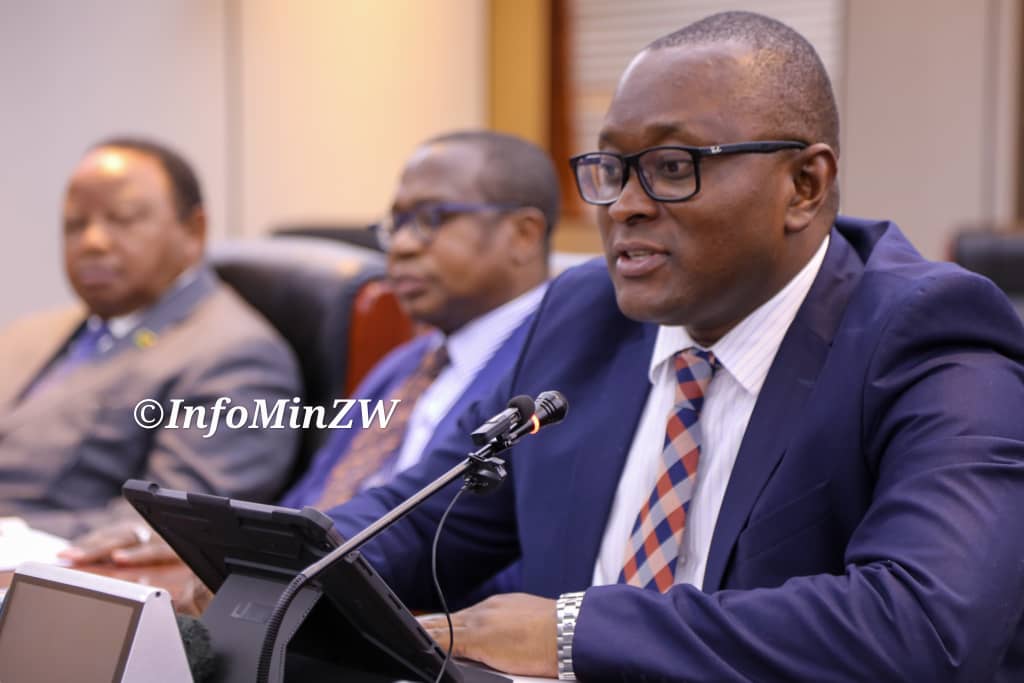Rhodes’ comeuppance
Share

By Sharon Chimenya
CECIL John Rhodes’s grave in Matobo will not be removed but will continue to attract revenue from tourists, including those from Britain, who come to see his resting place, President Emmerson Mnangagwa has said.
Rhodes, a proponent of British imperialism, was instrumental in the establishment of the British South Africa Company (BSAC) and was involved in brutal massacres of the local people.
Following his death in 1902, he was buried in Matobo National Park. There have been calls for the removal of his remains from the sacred hills.
Traditionalists believe the grave has attracted a bad rainfall spell as he is interred at the country’s key rain-making shrine. Locals believe that the continued interment of his remains at the shrine is both demeaning and irritating.
Addressing people at the commissioning of Kamungoma Liberation War Shrine in Gutu last week President Mnangagwa said the tourists pay to see his grave.
Soon after independence he said Rex Nhongo and Josiah Tungamirai wanted to bomb the grave but were stopped by the late former President Robert Mugabe.
“Rhodes is buried in Matopos, and in 1980, after independence, Rex Nhongo Mujuru, and Tungamirai encouraged each other to bomb Rhodes’ grave in Matopos. They prepared bombs with the intention of using them on the grave, and they informed me of their plans,” he said.
“I advised them against bombing the grave and I informed President Mugabe that the two had plans to bomb the grave. He later called them and inquired about their intentions. Tungamirai said they thought since they had attained independence, they could do so. He told them that the whites would pay to come and see the grave.”
He urged those who might consider exhuming Rhodes’ remains not to do so, even after he is gone.
“The grave still exists, but I know there are some people here, whom I know, who will bomb the grave after I am gone. Musaribvisa vakomana Mazvihwa? Regai varungu vauye vachibhadhara mari vachiona guva remumwe wavo,” he said.
As was his intentions, the Pioneer Column on September 12, 1890 the settlers raised the Union Jack in Fort Salisbury (now Harare) announcing the beginning of its rule. Some 90 years later on April 18,1980 in an independent Zimbabwe the Union Jack was lowered.









